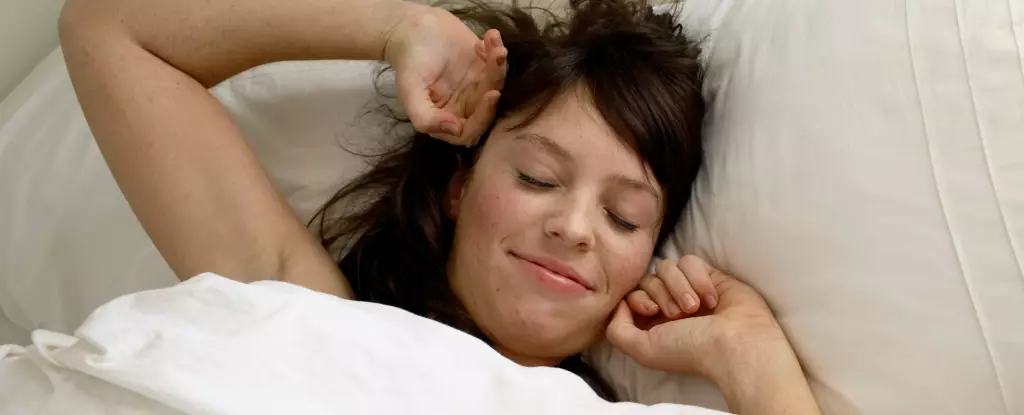Sleep has long been recognized as a vital component of human health and well-being, regulating not just physical health but also cognitive functions. John Steinbeck encapsulated this idea succinctly: “It is a common experience that a problem difficult at night is resolved in the morning after the committee of sleep has worked on it.” This assertion reflects a growing body of evidence demonstrating how our subconscious minds, working during sleep, can help us confront challenges that elude us while awake. With new studies emerging from prominent research institutions, we are beginning to understand the intricate relationship between sleep, reasoning, and creativity.
A recent study from Duke University captures the essence of how sleep affects decision-making. In this research, participants engaged in a simulated garage sale, examining a variety of items—some valuable, others not. Initially, participants tended to evaluate the items based on what they encountered first rather than considering the array of options in front of them. However, when they returned the next day after a night’s sleep, the participants demonstrated a remarkable shift in their decision-making processes, favoring more rational choices and showing less susceptibility to the misleading impressions of the initial items. This phenomenon illustrates a fascinating aspect of sleep: it seems to give us clarity, allowing rational thought to supplant the cognitive biases that frequently cloud our judgment when we are tired or distracted.
Furthermore, this insight leans into the broader idea that when we are faced with mental roadblocks, sleep can function as a reset button. The brain does not come to a standstill during sleep; rather, it appears to work through problems in a way that we cannot consciously perceive.
In a 2019 study, researchers explored how sound cues could enhance the brain’s problem-solving abilities overnight. Participants worked on a series of puzzles while a unique sound played in the background. When subjects returned the following day, those who had been exposed to the sound cues during sleep showed significant improvements in solving previously unsolvable puzzles. This finding suggests that our brains are processing and connecting information even while we are resting, effectively leveraging cues from our waking hours to fuel decision-making later.
Such discoveries indicate that sleep has more than just restorative powers; it is an active period where our subconscious can grapple with the complexities of unresolved issues, enhancing our problem-solving capacity.
Notably, the impact of sleep is not limited to straightforward problem-solving scenarios. A study published in 2023 revealed that sleep could facilitate the recognition of indirect relationships between items. When participants learned associations among a set of items—some clearly connected and others less so—they were better equipped to identify these subtler connections after a night’s sleep. This implies that sleep fosters deeper cognitive processing, allowing underlying structures and relationships to emerge.
Recalling historical figures who understood such potentials can further underscore sleep’s significance. Innovators such as Thomas Edison utilized napping as a source of creative inspiration. Through a unique method of inducing light sleep, Edison claimed that he could tap into distinctly creative insights. In a contemporary experiment replicating his methodology, participants who experienced a brief period of light sleep exhibited a superior ability to identify hidden rules in complex problems, affirming Edison’s concept of using transitional states of consciousness as a means of enhancing creativity.
Additional research has ventured into the hypnagogic state—the fluid and dream-like experience encountered just before sleep. In a study conducted in 2023, participants engaged in creative tasks about trees before drifting to sleep. The scientists found a notable enhancement in creative problem-solving when participants experienced hypnagogic imagery related to their earlier tasks. This highlights the significance of our thoughts and experiences just before sleep, suggesting that the imagery from this semi-conscious state can act as a catalyst for solving problems creatively.
Ultimately, the interplay between sleep and cognitive faculties underscores a pivotal truth: sleep is not merely a passive state of unconsciousness. Rather, it serves as a vital phase for problem resolution and creative thought. As science continues to delve into understanding how sleep influences our cognitive capabilities, it becomes increasingly clear that a well-rested mind holds the key to unlocking potential solutions and fostering profound creativity. So, the next time frustration looms, consider that embracing a good night’s sleep might just lead you to the breakthroughs you’ve been seeking.


Leave a Reply